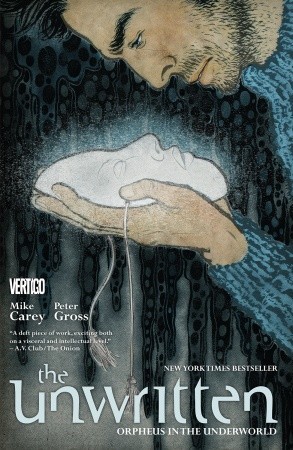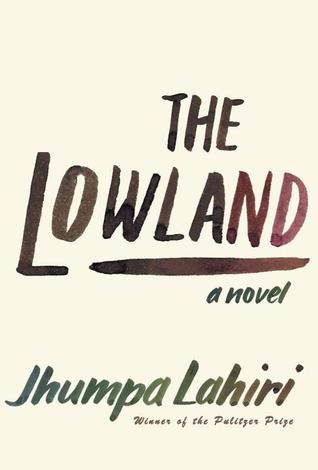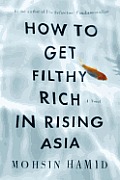Helloooo. Is anyone still out there? I was flooded with spam, so decided to take a break. And Google reader went down and that kind of threw my online habits into a tailspin. I set it up so comments would have to be verified, but don’t know if anyone has tried to comment? I haven’t seen any comments, so if you’ve tried and haven’t seen yours, email me at girldetective (at) girldetective (dot) net.
And so, here I am months later, not sure still about whether and how to keep up the blog. I started it in 2002 (!) to develop a writing practice. It worked! So well, now, that the other writing has usurped the time and energy of the blog–not necessarily a bad thing. But I found myself, after having read the Murakami, wanting to write a bit more than I could on Facebook, Good Reads, and Twitter (on all of which I can be found if you know where to look.)
So, the Murakami was a choice for one of my 3 book groups. I’d never yet read Murakami, and felt I was missing out on a lit-geek equivalent of a Girl Scout reading badge. I had another long book to read for one of my other books (Possession by AS Byatt, which I hope to write about here, soon), and I wasn’t sure the Murakami would be my thing. I gave it the 50 page Nancy Pearl audition. At that point, I didn’t care for the wishy-washy, emasculated main character but I was drawn in by the WTF-ness of the bizarre world of the book. So I kept reading. And I kept reading.
The main character, Toru Okada, never gets very likable, and he has that unfortunate quality in a noir-ish protagonist to be irresistible to women around him. But he has a character arc, and while I didn’t like him, I was intrigued and frequently amused by sentences like any of the following:
Newly unemployed, I found this kind of life refreshing…And best of all, I could read any book I wanted. (25)
I developed no appetite at all, as I watched the hands of the clock in this quiet house, waiting for something to happen. And soon the thought crossed my mind that my failure to develop an appetite might be owing to the lack within me of this kind of literary reality. I felt as if I had become part of a badly written novel, that someone was taking me to task for being utterly unreal. And perhaps it was true. (181)
I washed myself off in the shower and laundered my semen-stained underwear by hand. Terrific, I thought. Why did I have to be having wet dreams at such a difficult time in my life? (191)
it’s kind of impossible for anybody to do that stuff, like, ‘OK, now I’m gonna make a whole new world’ or OK, now I’m gonna make a whole new self.’ That’s what I think. You might think you made a new world or a new self, but your old self is always gonna be there, just below the surface, an if something happens, it’ll stick its head out and say ‘Hi.’ (261)
I found it hard to guess her age, but I supposed she was in her mid-forties. She looked younger than that at first glance, but the lines beside her nose had a special kind of weariness about them. (330)
My reality seemed to have left me and was now wandering around nearby. I hope it can find me, I thought. (382)
He was engaged in a serious search for the meaning of his own existence. And he was hoping to find it by looking into the events that had preceded his birth. (524) (This is very like a theme in Possession.)
Meandering and jazz-like, with a noir-like mood but a coming-of-age and adventure story arc, it has some troubling stereotypes of women, especially those who are drawn to Okada. I had especial trouble with a prostitute character. I don’t care for authors who use prostitutes as stock characters, or portray them as sexy, or knowing, or with a heart of gold. But it also has intertwined stories that go forward and back, tied up with Japan’s history in WWII.
The book is fascinating, frustrating, perhaps overlong, but as soon as I was done, I went online to look up things about the book, always a good sign that I’ve been mentally engaged by it. In spite of the things I didn’t like about it, I’m glad I read it, and would read Murakami again. But his short stories or one of the shorter works. I think this is about as much of him and his themes that I can take in one book.







